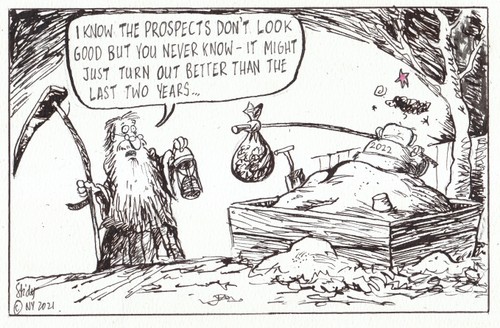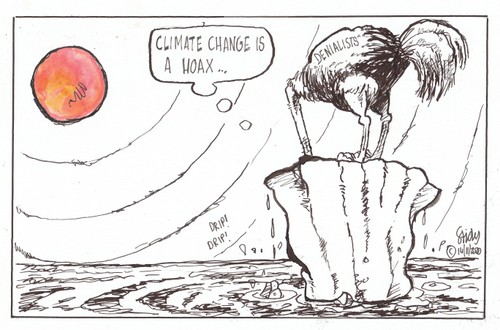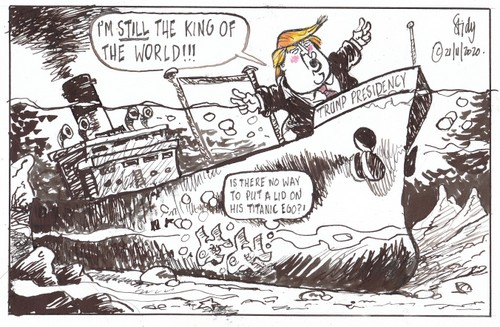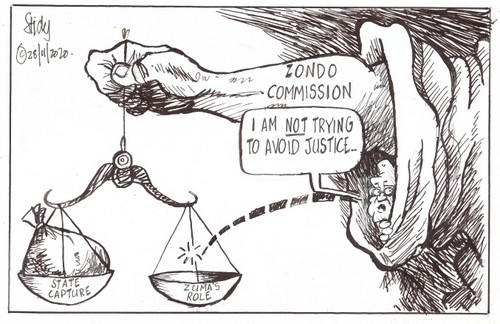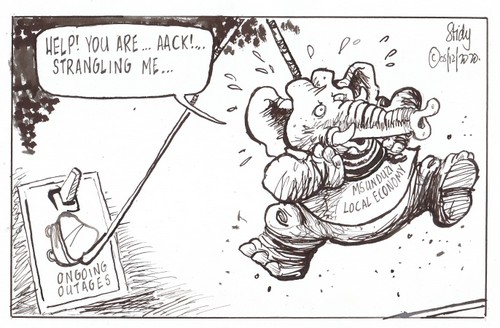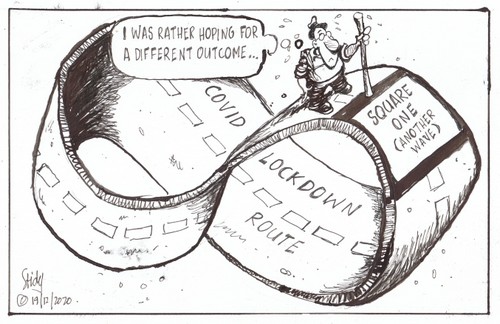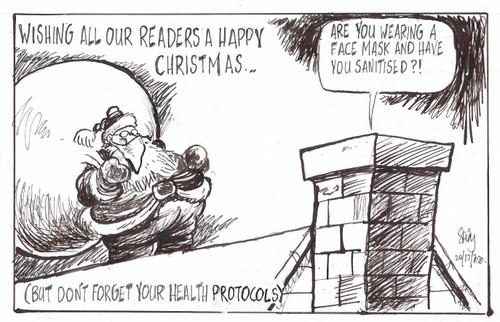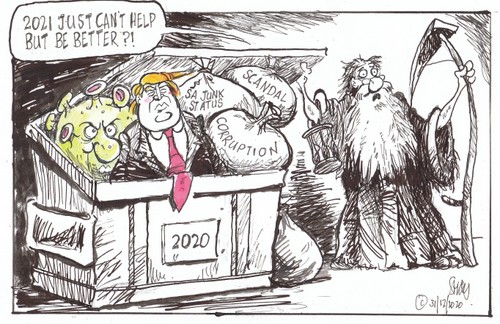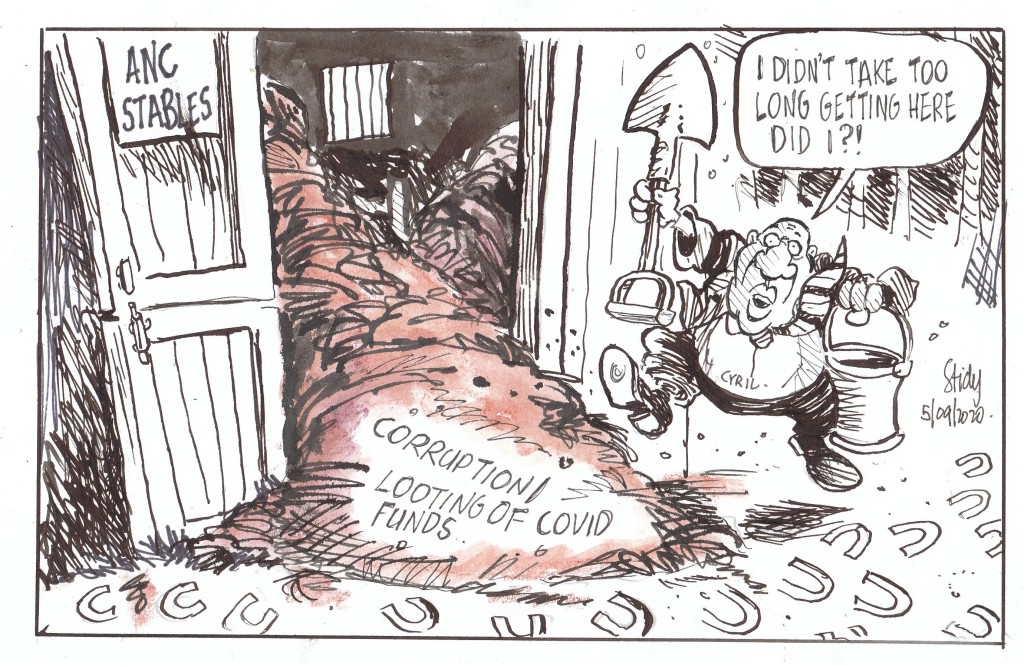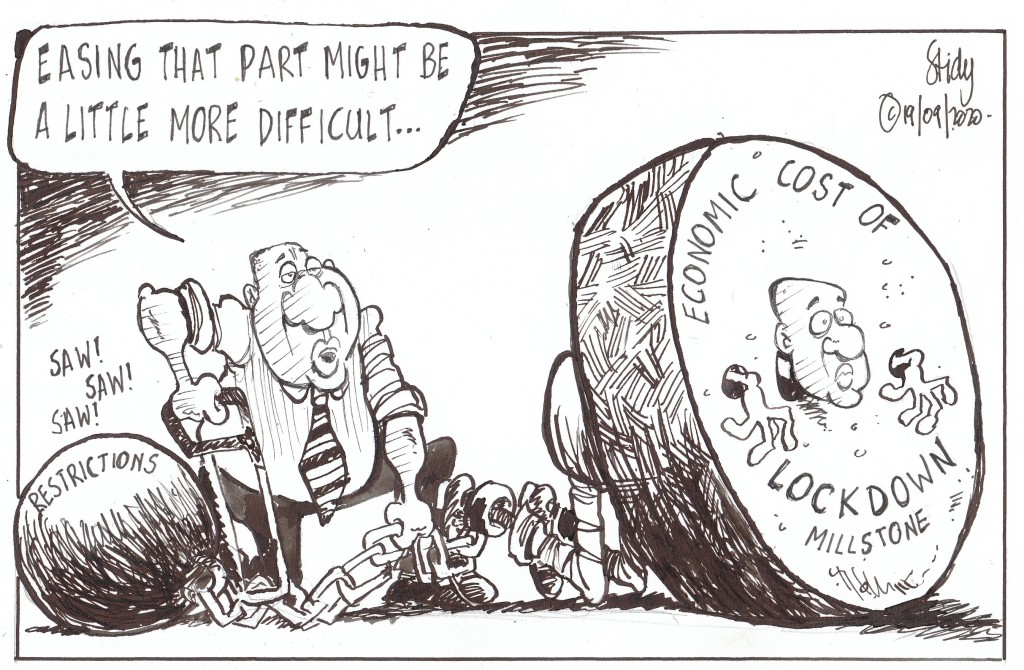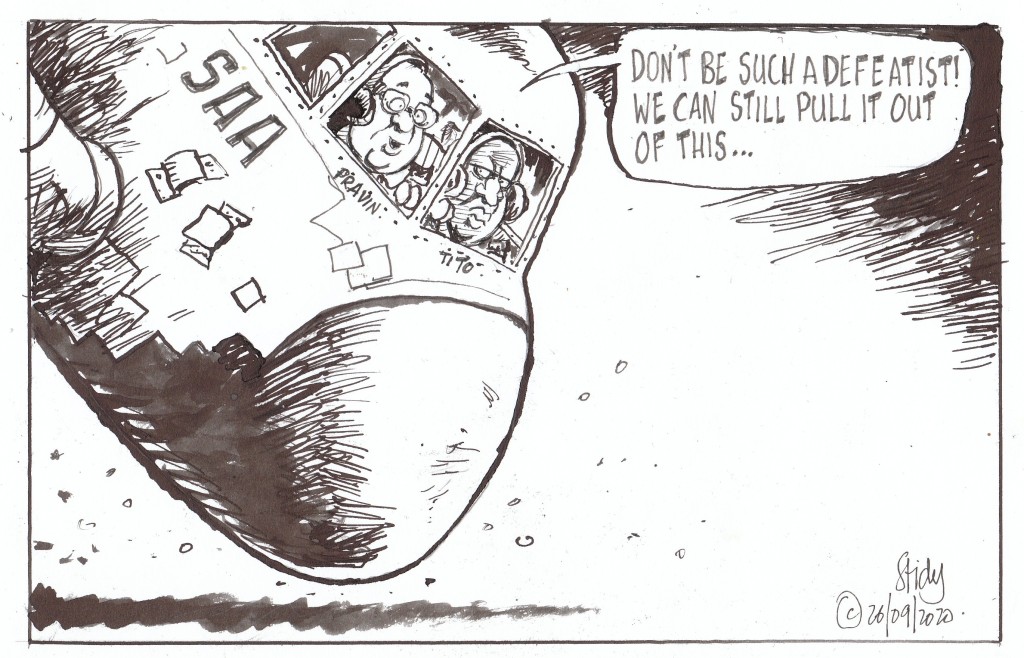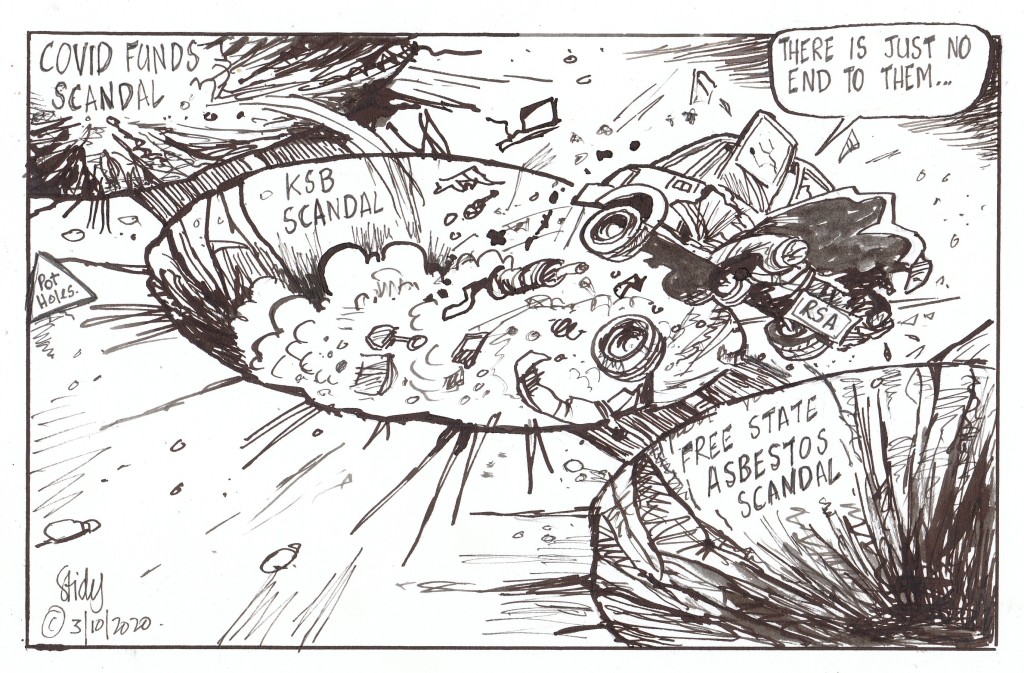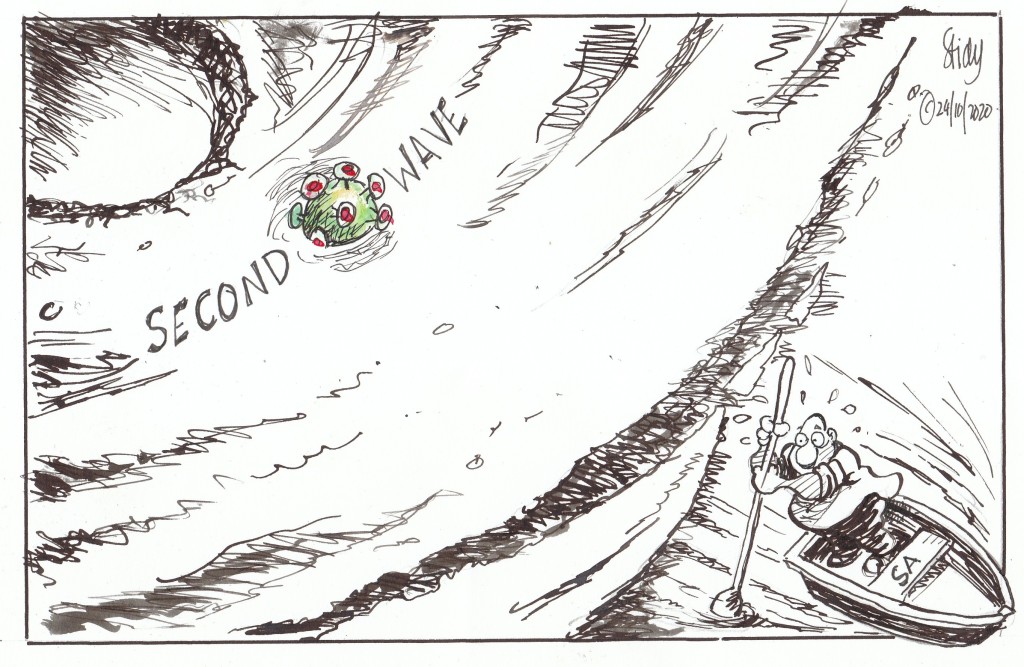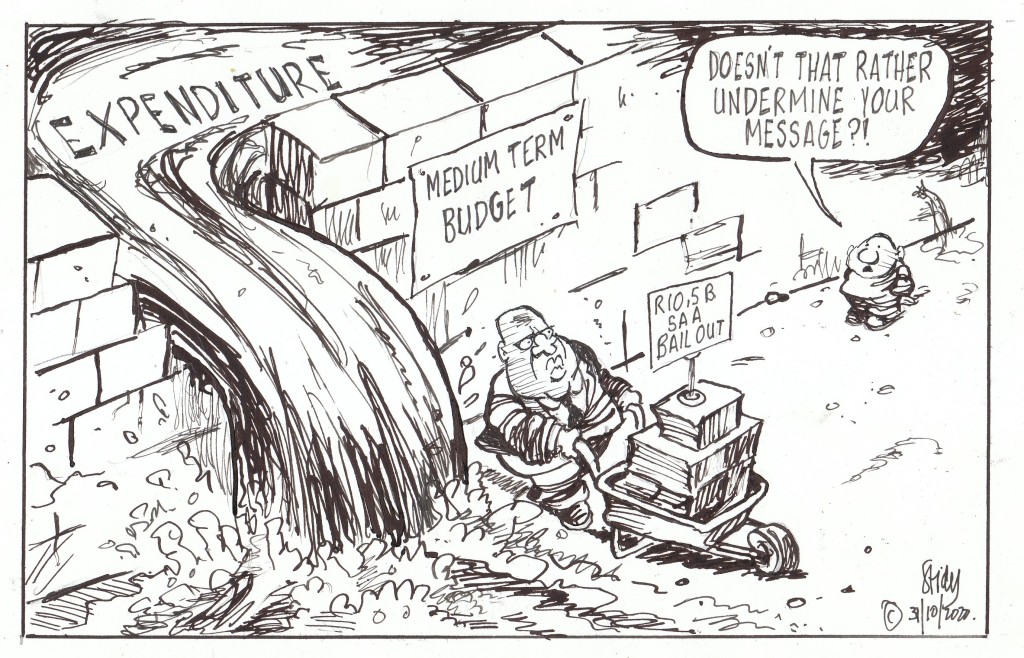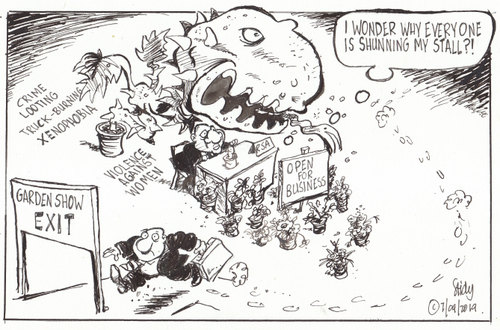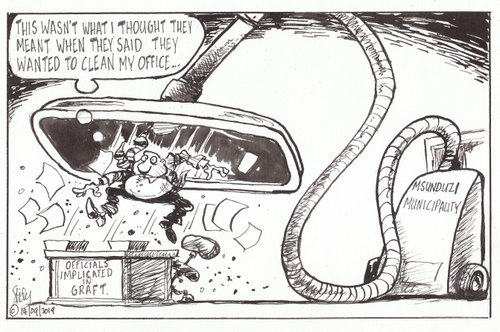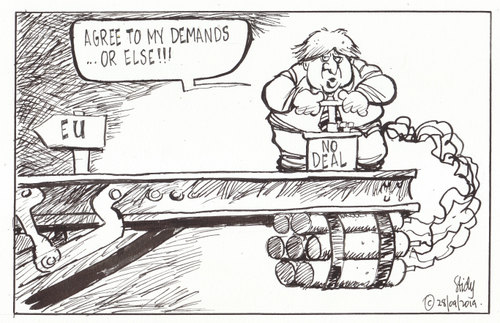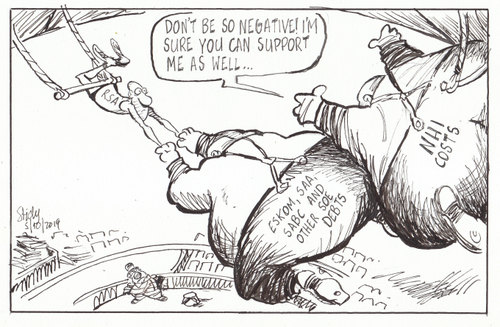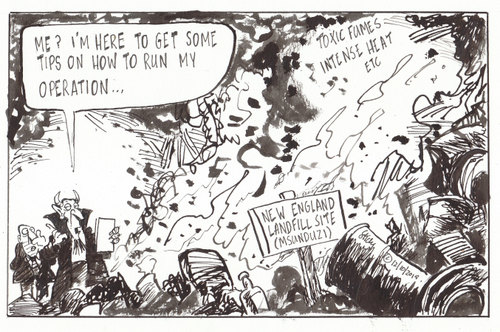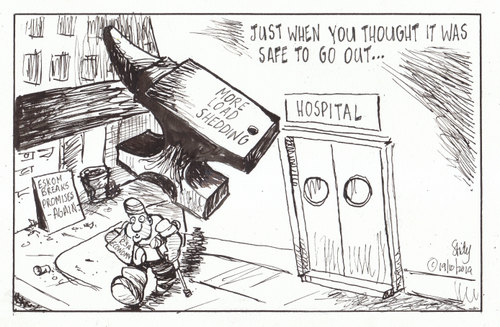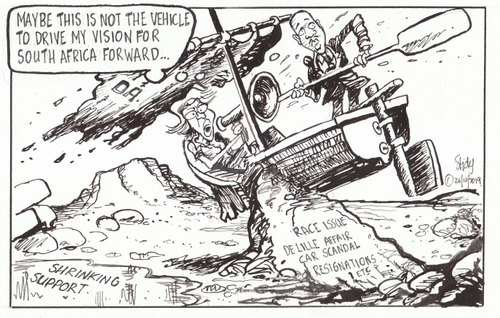After running a smooth, spirited campaign the Democratic Alliance snatched a historic victory in the hotly contested uMngeni Municipality, receiving 47% of the votes with 13 seats in the council, while the ANC had 39%, followed by the EFF with seven percent. uMngeni is the first municipality to be led by the DA in KwaZulu-Natal.
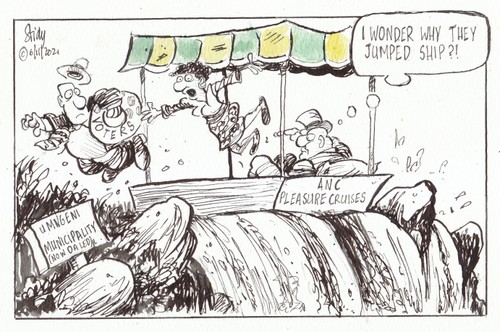
Outage turned to outrage as Eskom once again implemented load shedding with next to no notice. With the power utilities, woes showing no signs of improving CEO Andre de Ruyter came in for heavy criticism while industry, already battered by the economic effects of Covid-19, continued to suffer.

While politicians tried to make everyone believe that the coalition negotiations were being pursued in the interests of the residents in the country’s 70 hung municipalities the opposite appeared to be true. Rather than being about service delivery or good governance, they were used to advance narrow political interests to the detriment of voters.

With the reappointment of the old mayor, Mzimkulu Thebolla, and many of the same councilors there was a feeling that nothing much had changed in Msunduzi as a result of the recent municipal elections. In the same week, it was also announced that the municipality was drowning in debt, owing Umgeni Water an outstanding amount of R367 million.
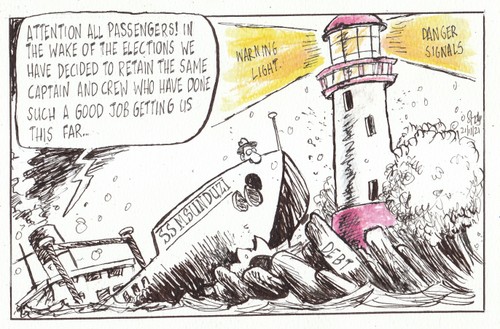
The recently identified Omicron variant had fuelled a worrying surge in coronavirus cases in South Africa and is rapidly becoming the dominant strain, health officials warned. With the imposition of various travel bans to and from South Africa, the government complained it was being punished – instead of applauded – for discovering the concerning new variant of Covid-19.
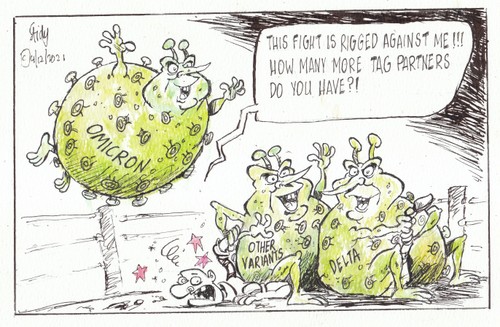
Despite the fact that the majority of people in hospital with Covid-19 are unvaccinated the roll-out campaign faced continuing scepticism and resistance from a section of the public…
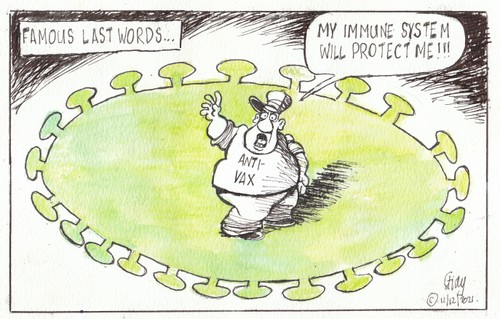
Minister Gwede Mantashe rubbed environmental organizations up the wrong way after saying protests against Shell’s seismic survey along the Wild Coast are examples of apartheid and colonialism of a special type.
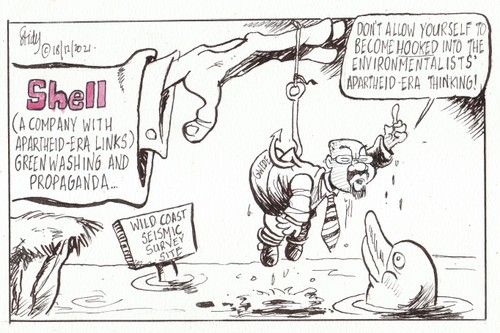
While the holiday season should be about sending time with loved ones and doing things we enjoy, the Covid-19 pandemic continued to pose a threat to their health and well-being.

With the highly transmissible Omicron variant having driven cases of Covid-19 to record levels and with no end in sight to the pandemic, the prospects for 2022 do not look good. The one silver lining is that weekly cases appear to be on a downward trajectory.
